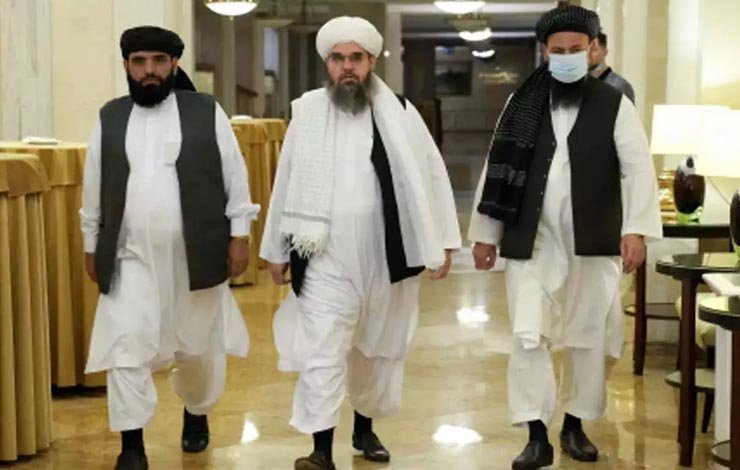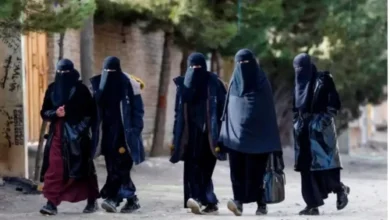Promise of Inclusivity Becomes a Burden on Taliban
Although the group has unanimously selected who would be the top brass in the new regime, the concerns of the partners remain at a standstill

The promise of inclusivity has become a burden for the Taliban, stretching the process of government formation in Afghanistan.
Although the group has unanimously selected who would be the top brass in the new regime, the concerns of the partners remain at a standstill.
Head of Taliban’s political office Mullah Baradar is likely to lead the government while Mullah Mohammad Yaqoob, the son of late Taliban founder Mullah Omar, and Sher Mohammad Abbas Stanekzai will assume key positions too.
Haibatullah Akhundzada is expected to have ultimate power over a new governing council with a president or prime minister under him.
Read Also
Covid Case in Vietnam Halts Toyota Global Production
However, the positions of former Afghan president Hamid Karzai, a senior official in US-backed government Abdullah Abdullah, and Hezb-e-Islami Gulbuddin Founder Gulbuddin Hekmatyar haven’t been settled yet.
The media reports say that these political leaders aren’t settling for anything less and want an authoritative position.
The announcement of new political authority in the country was due on Friday but it was once again postponed.
The other major problem that the Taliban are facing is the demand of the other ethnic groups, Tajiks and Hazaras, a share in the new regime.
The Taliban, dominantly a Pashtun group, are trying to range themselves with them to cast off any insurgency once the government is announced.
Meanwhile, the fight between the Taliban fighters and rebels loyal to leader Ahmad Massoud is underway in Panjshir Valley and a political settlement in the last resisting province is still due.



